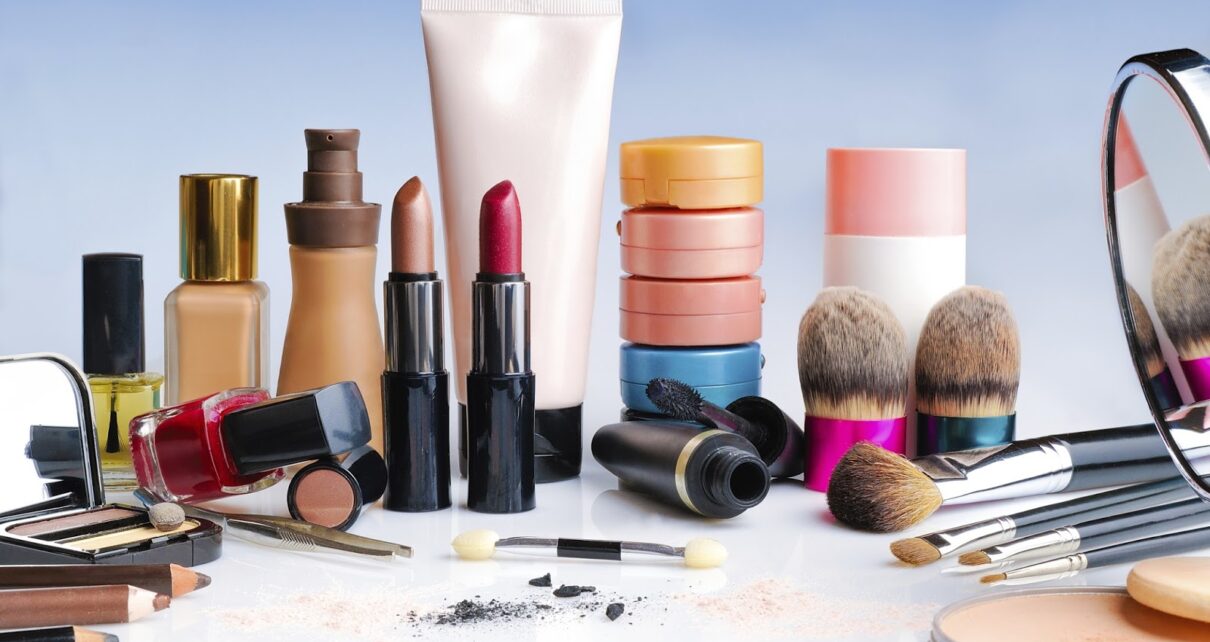There’s huge demand for new fragrances, lotions, shaving creams, beauty products and other cosmetics. Experts are forecasting that the global beauty market will grow to fetch annual revenues of $580 billion by the year 2027. If you’re an aspiring entrepreneur hoping to earn a sizable chunk of that revenue for your own beauty empire, read on to learn the basics of how to start a cosmetic manufacturing company.
Laws and Regulations Governing Cosmetics Manufacturing
The various laws and regulations your company will need to comply with depend on where your cosmetic products will be manufactured and distributed. In the United States, you’ll need to comply with both state and federal laws. The U.S. Food and Drug Administration is the federal-level governing body, and state laws also apply. A few relevant laws include the following:
• The Federal Food, Drug and Cosmetic Act
• Modernization of Cosmetics Regulation Act of 2022
• California’s prohibition against perfluoroalkyl and polyfluoroalkyl chemicals (PFAs) in cosmetics
• Texas’ Food, Drug and Cosmetic Act
In the European Union, the relevant legislation is the EU Cosmetics Regulation. In Canada, the governing body to consult is Health Canada, and one of the most important pieces of legislation to be aware of is the Food and Drugs Act.
It is advisable to hire an attorney who can provide guidance to your team on how to comply with the regulatory framework in place given the specifics of your situation.
Creating a Business Plan for Cosmetics Manufacturing
You may wish to develop a vision statement and mission statement that will be the guiding foundation for all aspects of your business strategy. When these ideals are firmly in place, keep them foremost in mind as you design a workable business plan for the day-to-day operations of your cosmetics manufacturing endeavor.
You’ll need to make many other choices affecting business operations besides these. One of the most crucial decisions is where the products will come from. Will you make them yourself? Will you develop a private skin care label and rely on a private label cosmetics manufacturer to provide you with oem cosmetics and oem skin care products?
Research existing competitors’ brands to understand the current market and the existing brands and products your brand will be competing against. Understand your competitors’ strengths, and identify areas where you think it will be possible for your team to successfully compete against them.
Cosmetic, Skincare and Fragrance Ingredient Sourcing
You’ll have to decide whether you prefer to procure synthetic ingredients, natural ingredients or a combination of these two ingredient types. If you’re planning to use synthetics, you’ll need to develop a relationship with a cosmetic contract manufacturing facility such as LCB laboratories. If you’d prefer to use natural ingredients from plants or animals, commercial farms could be viable ingredient sources. It is also possible to farm some or all of the required ingredients as part of your business operations.
Packaging and Labeling Guidelines for Cosmetics Manufacturing
In the United States, consult the Fair Packaging and Labeling Act for a crash course in the most important fundamentals you need to know about packaging and labeling your cosmetics. Beyond compliance with this legislation, there are many other considerations such as the eye appeal, convenience, sturdiness and sustainability of the packaging you choose.
Beauty Industry Marketing Strategies
Successfully marketing beauty products requires a multi-faceted strategy that could include online and offline marketing methods. Online, you may wish to employ the services of content marketers, beauty influencers and bloggers to spread the word about your company’s product offerings. You could offer an affiliate program in which you pay content creators for referring sales to your company.
Offline, you might wish to employ paid salespeople to assist with business-to-business sales of your products. It is also possible to sell directly to the public by creating and mailing out a product catalog or by opening your own stores where you can sell the products. It’s possible to buy advertising space in fashion or beauty magazines to engage potential customers and build brand awareness for your business.
Another possible strategy is to apply for third-party certifications that are relevant to your cosmetics private label. For example, you could apply for non-GMO Project verification if you’re able to document that any of your products are made without the use of genetically modified ingredients. If your products are free of harmful chemicals, they may qualify for Environmental Working Group verification. These are workable marketing strategies because many consumers begin their search for safe, toxin-free cosmetics by consulting third-party certification providers like these.
Product Quality Considerations for White Label Cosmetics
Less-than-stellar product quality is one possible pitfall to be aware of if you are planning to create a relationship with a private label cosmetics manufacturer. You’ll want to be proactive about sourcing your products from a manufacturing team that maintains high standards for quality control.
There are many details to attend to when launching a new cosmetics business. These are some of the most critical considerations to be mindful of as you undertake the introduction of your new venture.




